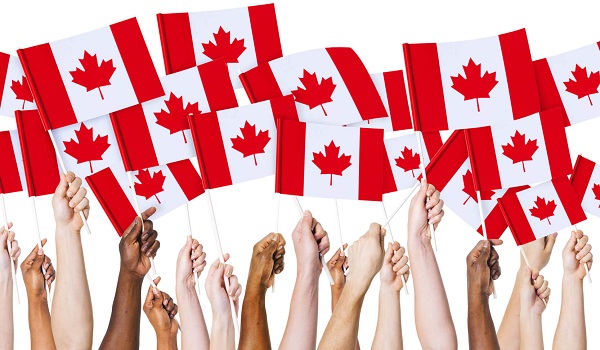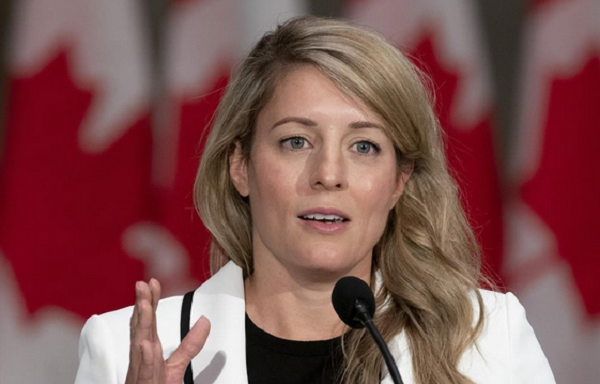Canada immigration data depicts the current position of things
Canada has welcomed more than 3.9 million new citizens since 2005, with nearly one third coming from India, the Philippines or China.
Those countries have dominated migration to Canada for almost two decades, according to a CTVNews.ca analysis of Immigration, Refugees and Citizenship Canada data, which tallies new Canadian citizens by country of birth from January 2005 through May 2024.
While new Canadians come from at least 196 different countries and territories, the top 10 places account for nearly half of all new citizens.
“Canada stands out among other immigrant-receiving countries in the very high level of citizenship among immigrants in the country,” political sociologist and migration expert Irene Bloemraad told CTVNews.ca. “High levels of citizenship are a good thing: research shows a correlation between holding citizenship and better economic outcomes, a greater sense of belonging to Canada and, of course, the ability to participate in elections and have a say in policy.”
India has held the top spot since 2021 and from 2007 to 2013, while the Philippines was No. 1 from 2014 to 2020. Together India and the Philippines account for nearly a quarter of all new citizens since 2005. China came in first in 2005 and 2006.
After India, the Philippines and China, the top 10 sources of new Canadians since 2005 are Pakistan, Iran, the United States, the United Kingdom, Syria, South Korea and Nigeria.
While France came in 11th place at more than 69,000 new Canadians since 2005, the number of new citizens from France has been surging since 2022.

In 2023 alone, France was in ninth place, just ahead of Brazil and the U.K. Last year also saw a 19-year high of nearly 379,900 new citizens, up from a low of almost 106,400 in 2017.
The tiny European principality of Lichtenstein has by far provided the fewest number of new Canadians at five, followed by the Maldives in the Indian Ocean at 34.
Canada has welcomed slightly more new citizens from Ukraine (50,100) than Russia (49,400), with Ukrainian numbers surpassing Russia beginning in 2015 on the heels of war.
A total of 325 people born in North Korea have been granted citizenship since 2005, including two so far this year.
Canada has also welcomed more than 72,700 new citizens from Syria and nearly 42,600 from Afghanistan after accepting thousands of refugees from the war-torn countries.
To Toronto-based immigration consultant Al Parsai, the data underscores Canada’s commitment to multiculturalism and diversity.

“The consistent number of new citizens from countries like India and the Philippines reflects their significant contributions to the Canadian labour market and society,” Parsai said.
“The rise in new citizens from countries experiencing conflict, like Syria and Ukraine, highlights Canada’s role in providing refuge and support to those in need. The fact that new citizens come from nearly 200 different countries and territories showcases Canada’s global appeal and inclusive immigration policies.”
With an aging population and a record low fertility rate of 1.33 children per woman, experts like Parsai say immigration is also vital for Canada’s continued growth.
“Canada’s population growth would stagnate without a steady flow of immigrants, leading to a shrinking workforce,” he explained. “This decline would negatively impact economic growth, reduce tax revenues and strain social services.”
Bloemraad, who researches migration and citizenship, is set to become the co-director of the University of British Columbia’s Centre for Migration Studies next month. She notes that only permanent residents are allowed to apply for citizenship.
“Looking forward, I do worry about the shift in government policy in recent years to privileging temporary visas over permanent immigration,” Bloemraad added. “But for those who have been studying and working in Canada for years, and who are building lives as our neighbours, the inability to become a citizen creates barriers to full membership.”
This article was first reported by CTV News












